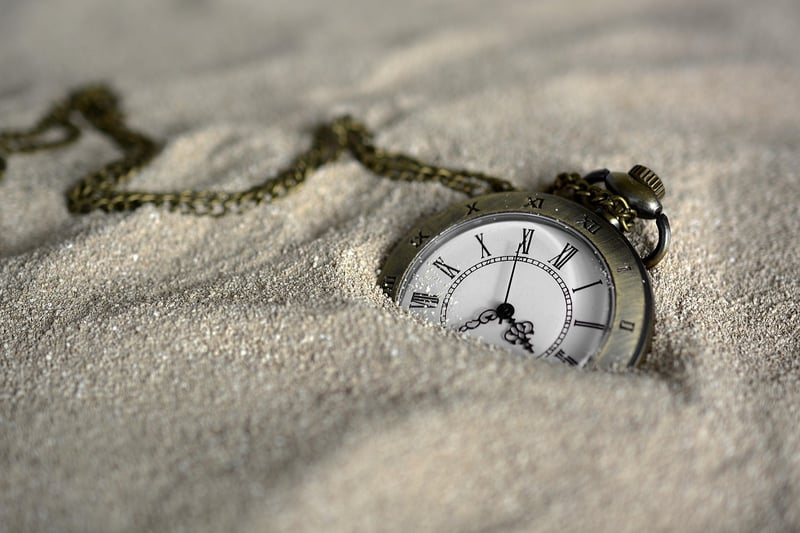Historical Interference Controversy
The Moral Implications of Time Travel
Time travel has long been a fascinating concept in science fiction, but what if it were possible in reality? The idea of traveling through time raises numerous moral dilemmas and ethical questions that are worth exploring.
Paradoxes and Consequences
One of the primary concerns with time travel is the potential for paradoxes. Changing even a small event in the past could have ripple effects that alter the course of history in unforeseeable ways. This raises questions about responsibility and the unintended consequences of our actions.
Historical Interference Controversy
Another major ethical consideration is the controversy surrounding historical interference. If time travelers were to alter significant historical events, would it be justified? While some argue that changing the past could prevent tragedies, others believe that tampering with history is inherently wrong.
Temporal Ethics
Temporal ethics is a branch of philosophy that deals with the moral implications of time travel. It explores questions of causality, free will, and the nature of reality in a temporal context. Thinking about the consequences of altering the past can lead to profound philosophical discussions.
Conclusion
As we ponder the moral implications of time travel, it becomes clear that the ability to journey through time would come with great responsibility. While the idea of changing the past may be enticing, we must consider the potential consequences and ethical dilemmas that could arise.

Exploring the moral implications of time travel can lead to thought-provoking discussions about our impact on the past, present, and future.
For more information on this topic, you can visit Stanford Encyclopedia of Philosophy - Time Travel.
